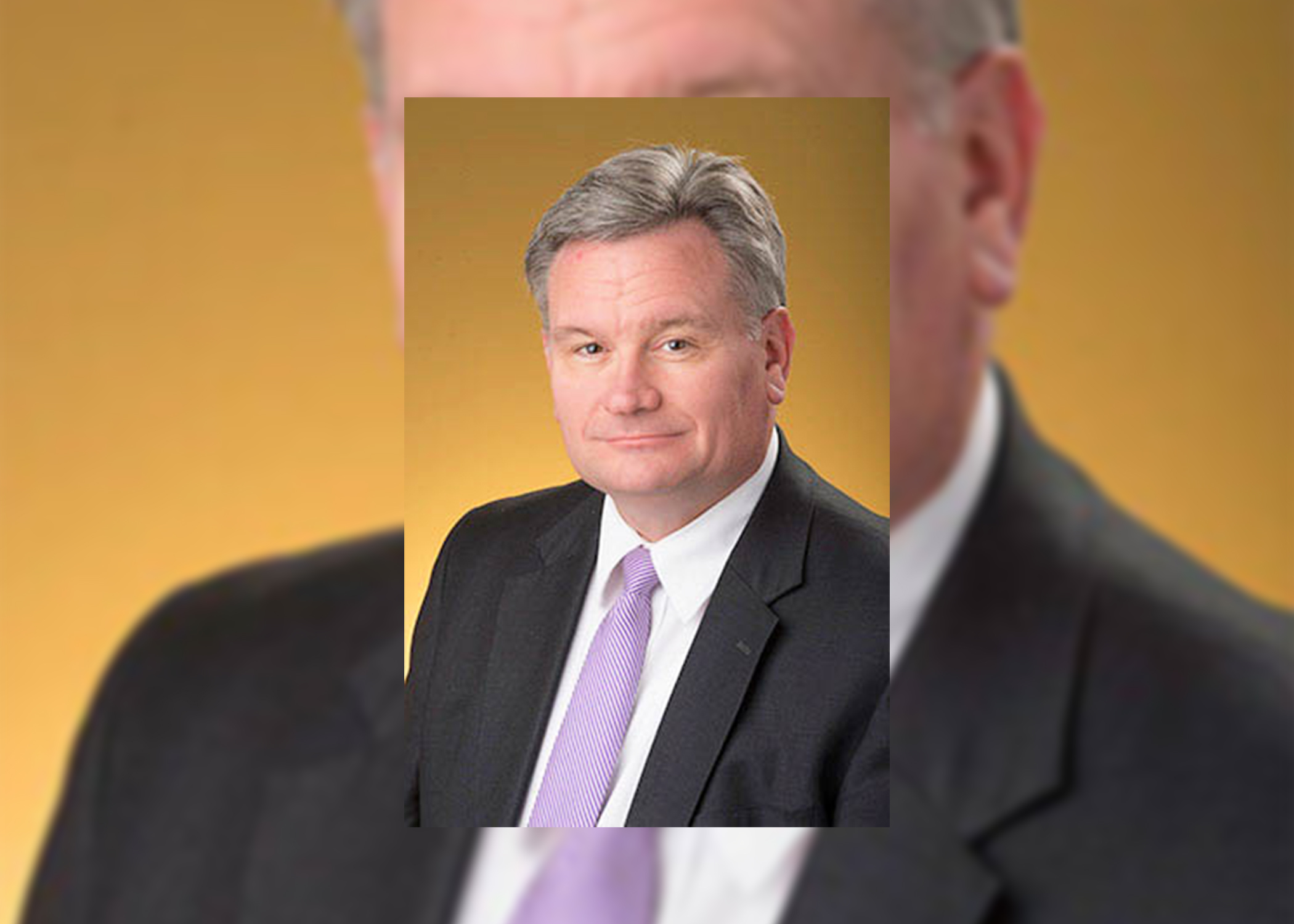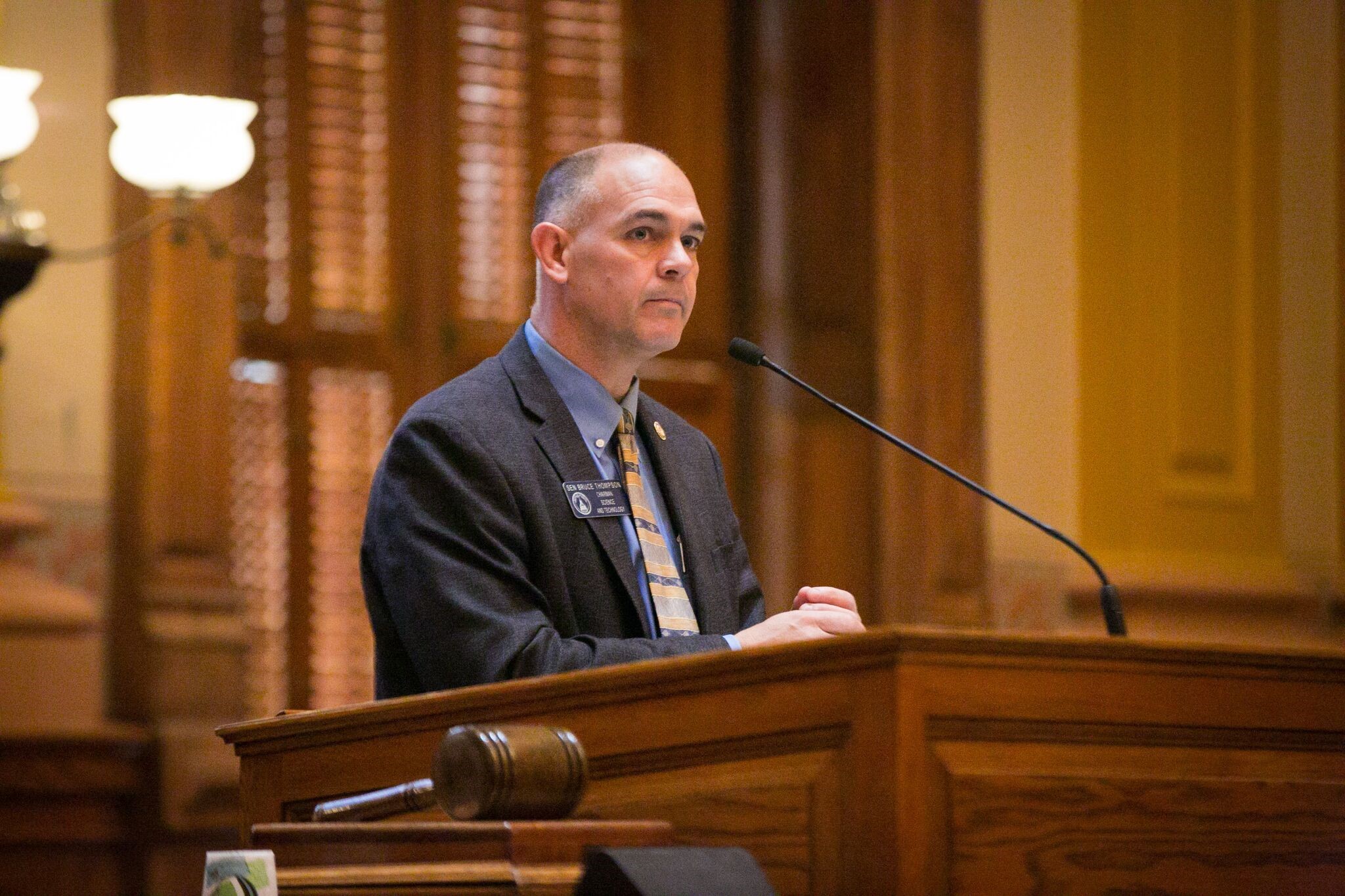Kennesaw State Professor of Economics Roger Tutterow believes there is no need to fear for an upcoming recession in 2020, despite mainstream economists predicting one to occur.
“I think that the risk of a full-blown recession in 2020 is still no more than one chance in three,” Tutterow said. “That’s clearly an elevated risk versus what we might typically see but, I do not believe that the current data suggests that a recession is the most likely trajectory.”
Tutterow said that while tariffs — such as the importing tariffs on goods from China — have been designed to level the playing field between the U.S. and other countries and help manufacturers in the long run, it has induced uncertainty in the manufacturing sector in the short run.
This uncertainty — along with the possibility of an economic decline and recession — may play a large role in the upcoming 2020 presidential election.
Tutterow says despite predictions — like those in Bloomberg, where some economists predicted that there would be a downturn in the U.S. economy next year — he believes that the country will see economic growth in the coming year.
“We’re now in the 11th year of this economic expansion and typically we see some sectors of the economy are stronger at different times,” Tutterow said. “At this point, it is clear that the consumer is what is keeping the economy expanding, typically consumer spending accounts for about two-thirds of economic activity.”
Tutterow said that consumer confidence in the market of consumer products and assets such as homes remains relatively strong. This confidence can be attributed to the perception that labor markets are tight, and consumers are confident in maintaining employment.
The pricing of houses has risen significantly over the past several years, which contributes to consumer confidence because it makes households feel wealthier, Tutterow said.
While consumer confidence remains strong in the economy, there is an abundance of stress within the manufacturing sector, Tutterow said.
“As the U.S. dollar has strengthened against major trading partners, it has made domestic-made products more expensive in global markets so that obviously hurts those manufacturers who sell abroad,” Tutterow said. “In the last 18 months, we have had a lot of changes in the market trade policy with the implementation of tariffs in a variety of industries.”
While Tutterow suggests that there is no need to fear for a recession, he says that should one occur, it could possibly affect KSU students.
“KSU is a public university, so some degree of its funding comes from state tax revenues … Any time we have a recession, that puts pressure on state tax collections that can obviously have implications on funding for the university,” Tutterow said. “From a student’s perspective, labor markets are relatively tight so that means that the opportunities are good for them right now to get part-time employment while they’re enrolled as students.”
Tutterow said that due to the strength of the labor market, students that are close to graduation will have more opportunities for whichever career they chose to pursue. Tutterow said that should a recession occur, labor markets will see a slowdown in hiring.
“The best thing for KSU students would be to have the economy to continue to grow and to continue to expand employment opportunities for them when they graduate,” Tutterow said.


